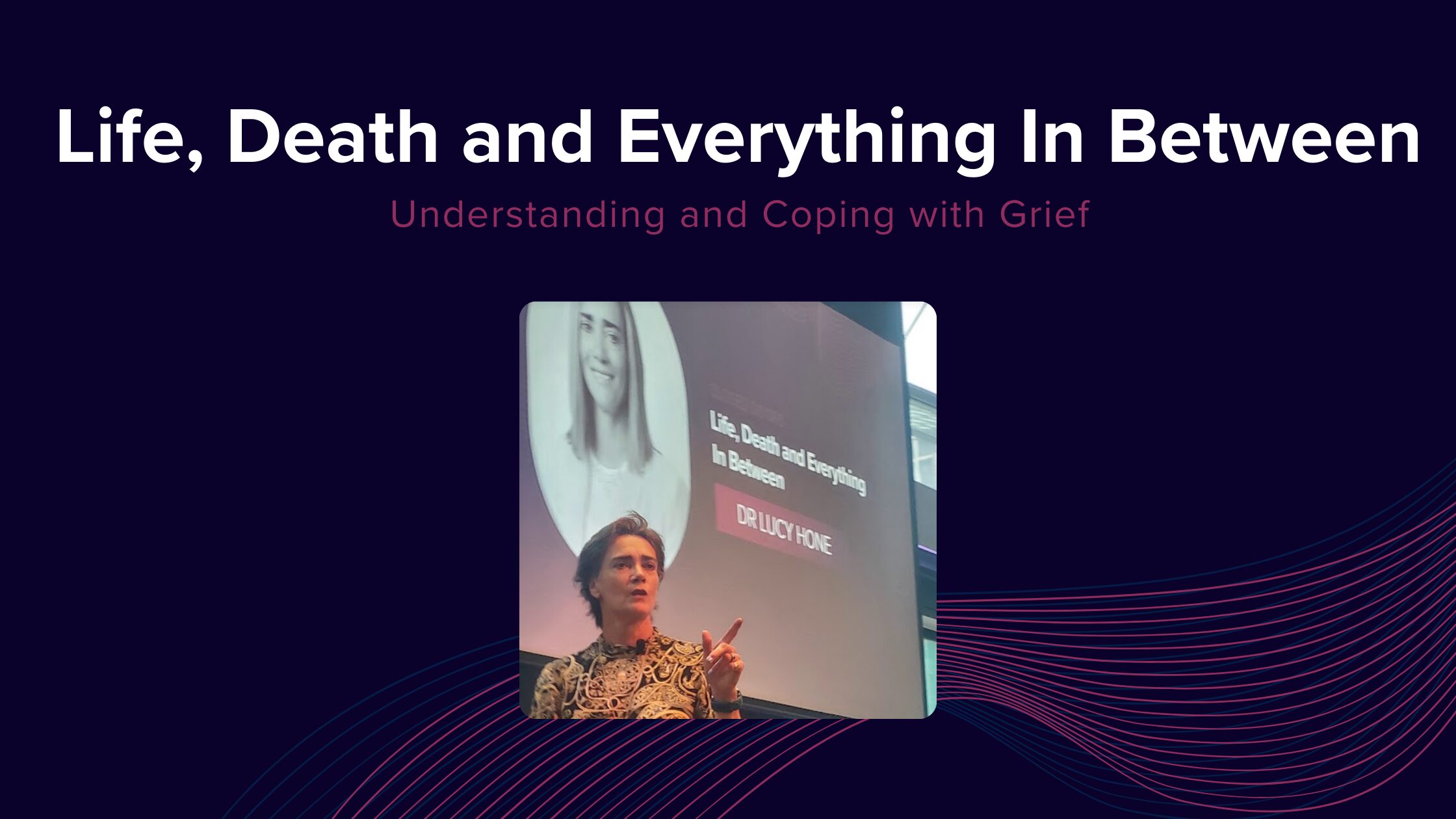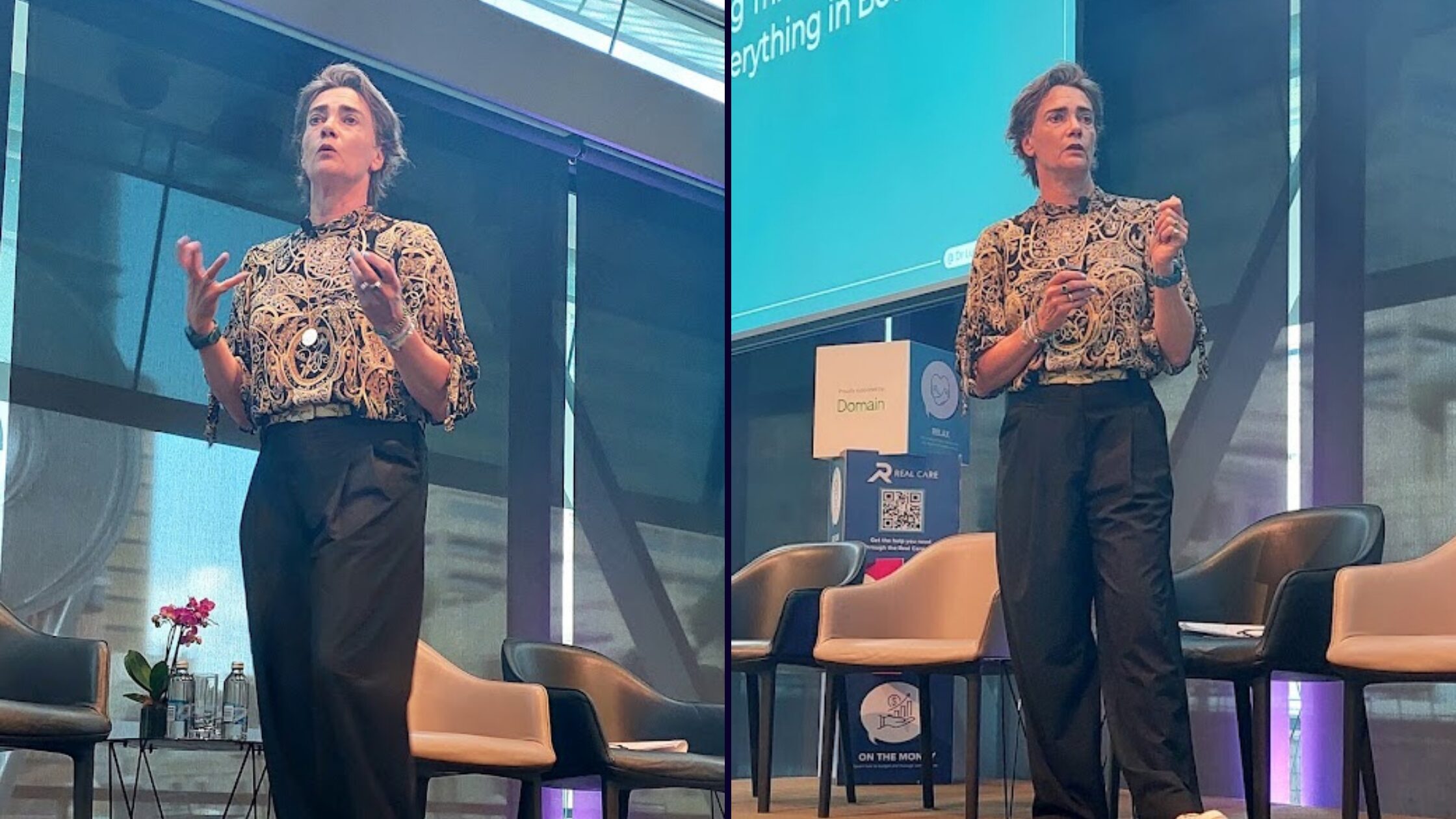
Understanding and Coping with Grief
Dr. Lucy Hone, a resilience expert, shared her personal journey of navigating grief and loss while highlighting key insights from resilience research. The presentation emphasised the universality of adversity and the inherent human capacity for resilience.

Key Insights and Lessons:
- Resilience is Common: The most common human response to traumatic events is resilience. We possess an innate ability to cope with adversity.
- Resilience is Individual: Resilience is not a fixed trait but a capacity developed through various strategies. Each individual’s resilience “stew” has unique ingredients.
- Focus on Controllables: Resilient individuals focus on what matters and what they can control, avoiding wasting energy on uncontrollable factors.
- Tune into the Good: Even in the darkest times, it’s crucial to acknowledge and appreciate moments of positivity and joy.
- Ask “Helping or Harming?”: This powerful question allows individuals to assess their thoughts, actions, and behaviours, putting them in control of their mental well-being.
- Grief is Natural: Grief is a natural response to loss and comes in many forms, not just bereavement.
- Grief is Individual: Everyone experiences grief differently, making it important to find individual coping mechanisms.
- Continuing Bonds: Maintaining a connection with the deceased through memories and rituals can contribute to healthy grieving.
- Support and Hope: Offering hope and reminding grieving individuals of their inherent resilience can significantly aid their healing process.
- Relearning to Live: Coping with loss is a journey of relearning how to live in the world, and it takes time.
- Secondary Losses: Grief often extends beyond the primary loss to include secondary losses, such as the loss of routine, identity, or social connections associated with the primary loss.
- Post-Traumatic Growth: Research indicates that post-traumatic growth is more common than post-traumatic stress, with 51% of individuals experiencing personal growth after grief.
- Five Dimensions of Growth:
- Increased strength and resilience
- Re-evaluation of relationships and priorities
- A shift in life direction or purpose
- Increased gratitude and appreciation for life
- A change in beliefs or spiritual understanding

Dr. Hone concluded her presentation by promoting her work in supporting individuals and organisations dealing with loss. She emphasised the importance of providing resources and understanding to help people navigate grief and find their own paths to healing.
